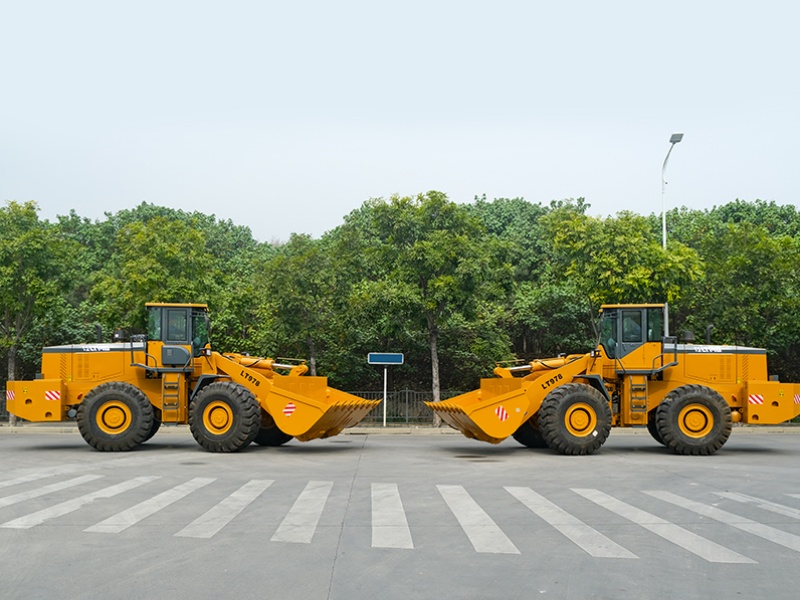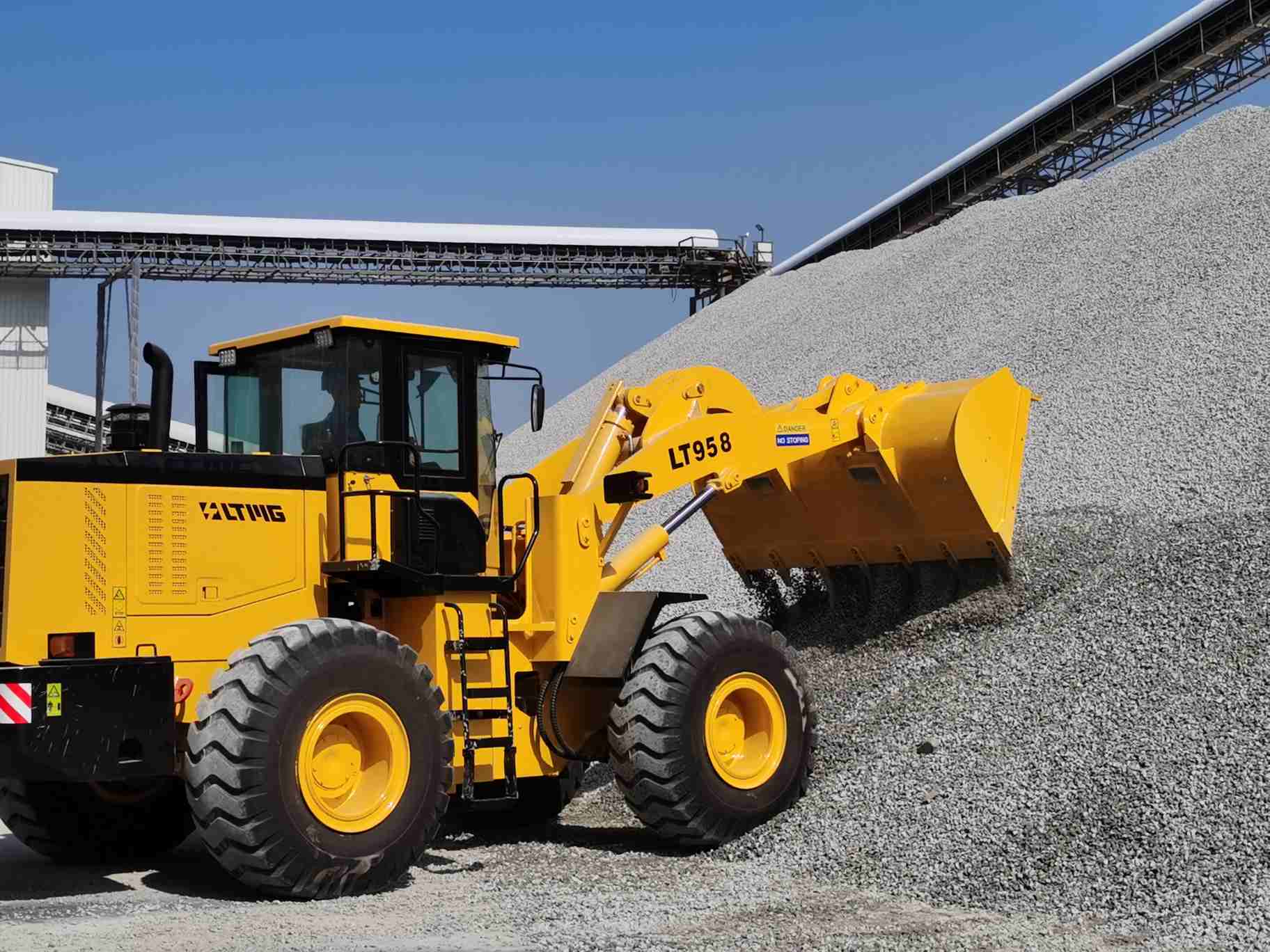The 5 Common Wheel Loader Problems and How to Solve Them Introduction
Aug 09, 2025
A wheel loader is one of the most widely used machines in construction, mining, agriculture, and material-handling projects. Thanks to its strong lifting capacity and versatility, it plays an indispensable role in moving soil, gravel, sand, and other heavy materials. However, like any heavy equipment, wheel loaders are prone to breakdowns if not properly maintained.
In this article, we look at the five most common wheel loader problems and provide practical maintenance and troubleshooting tips to help operators keep their machines in top condition.
1. Wheel Loader Engine Overheating
Engine overheating is one of the most frequent problems that can seriously affect wheel loader performance.
Causes: Low coolant levels, clogged radiator, faulty thermostat, or cooling fan failure.
Risks: Reduced power, increased wear, or permanent engine damage.
Solutions:
Regularly check coolant levels and refill when necessary.
Clean the radiator and remove debris to maintain airflow.
Inspect and repair the cooling fan or thermostat.
Avoid overloading the wheel loader, which increases engine stress.
2. Wheel Loader Hydraulic System Failure
The hydraulic system is the heart of a wheel loader’s operation, powering the lifting arms, buckets, and attachments.
Causes: Low or contaminated hydraulic oil, hose leaks, or pump wear.
Risks: Weak lifting power, slower operations, or total system failure.
Solutions:
Replace hydraulic oil at scheduled intervals.
Inspect hoses, seals, and fittings to prevent leaks.
Change hydraulic filters regularly.
Repair or replace worn pumps before further damage occurs.
3. Wheel Loader Transmission Problems
Transmission issues are another common challenge for wheel loader operators.
Causes: Low or degraded transmission fluid, worn clutches, or damaged gears.
Risks: Difficult gear shifting, jerky operation, or power loss.
Solutions:
Perform routine checks and change transmission fluid on time.
Inspect clutches and gears for wear.
Address unusual noises or vibrations quickly.
Operate the wheel loader within recommended loads and speeds.
4. Wheel Loader Tire Wear and Damage
Since wheel loaders often work on rough ground, tires experience significant stress.
Causes: Overloading, uneven ground, and incorrect tire pressure.
Risks: Reduced stability, higher fuel consumption, and safety hazards.
Solutions:
Maintain correct tire pressure according to manufacturer guidelines.
Rotate tires for even wear.
Use heavy-duty tires suited to rocky, muddy, or sandy terrain.
Avoid overloading the wheel loader.
5. Wheel Loader Electrical Malfunctions
Electrical systems keep the wheel loader running reliably, from starting the engine to controlling lights and sensors.
Causes: Weak battery, corroded terminals, loose wiring, or faulty sensors.
Risks: Hard starting, lighting failure, unreliable controls.
Solutions:
Test and replace weak batteries promptly.
Clean battery terminals and check wiring.
Replace damaged sensors or relays.
Schedule routine electrical system inspections.
Conclusion
Owning and operating a wheel loader comes with challenges, but most issues can be prevented with regular inspection and proper wheel loader maintenance. The five common problems—engine overheating, hydraulic system failure, transmission issues, tire wear, and electrical malfunctions—are manageable with timely troubleshooting and professional service.
By investing in preventive maintenance, operators can extend the lifespan of their wheel loaders, reduce downtime, and ensure maximum productivity on the job site. For serious issues, always consult your wheel loader manufacturer or an authorized service provider for expert solutions.

